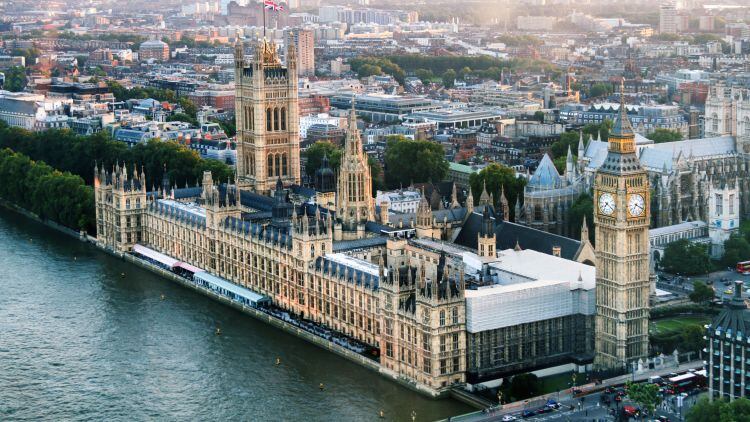Q. I have read recently about Martyn’s Law and also the Protect Duty? I know they are about terrorism but is there anything I need to do at the moment?
A. To all intents and purposes Martyn’s Law and the Protect Duty are the same thing – Martyn’s Law is named after Martyn Hett, one of the 22 victims of the Manchester Arena terrorist bombing in May 2017. Its official name is the Terrorism (Protection of Premises) Bill and it embodies the concept of a Protect Duty, which is that certain publicly accessible locations should have a degree of preparedness regarding the threat of a terrorist attack.
Previously, that preparedness has been voluntary and Martyn’s Law aims to make it a legal, albeit proportionate, requirement. We will be writing in much greater depth about Martyn’s Law in the coming weeks but at present it is only a draft bill and has not even been laid before parliament, which is likely to happen later this year.
The Home Affairs Select Committee has just taken evidence about the draft bill, based primarily upon concerns about its impact on small and micro-sized businesses and venues and the lack of adequate assessment of the economic and other impacts. The HASC will make recommendations to the Government and the bill may be amended before it is laid before parliament.
As it currently stands, Martyn’s Law would require Standard Duty premises, with a public capacity of 100 to 799 to undertake an evaluation of the threat of terrorist attack and the measures in place that might reduce the risk of such an attack or the risk of harm in the event of an attack; and also to undertake terrorism training for all workers.
Enhanced Duty premises, mainly those with a capacity of 800 or more or one off events at premises with a capacity of 800 or more (for example at a warehouse or in a field surrounded by Heras fencing) will be required to undertake a much more thorough assessment of the terrorist threat, together with taking positive “reasonably practicable” measures to reduce the risk of a terrorist act and the harm that may follow.
There are other requirements as well, and in the extreme, enforcement notices can be issued and indeed prosecution could follow, but this is envisaged to be very rare.
The Government already has a host of resources to help venues and events with the issue of counter-terrorism (for example, https://www.protectuk.police.uk/ ) and indeed Poppleston Allen is working with an industry leader in counter-terrorism to assist licensed venues.
However, remember that at present Martyn’s Law is not a law at all, and if any providers are suggesting they can make you “Martyn’s Law compliant” then it is nonsense, as there is no such thing as Martyn’s Law at present. That doesn’t mean of course that you shouldn’t be considering the threat of terrorism now.
As it stands, the Terrorism (Protection of Premises) Bill, otherwise known as Martyn’s Law/the Protect Duty is likely to be laid before parliament towards the end of this year, will take several months to obtain royal assent and then will quite possibly have a full year’s lead time before it fully comes into force.
- Andy Grimsey is an associate solicitor at Poppleston Allen solicitors.




